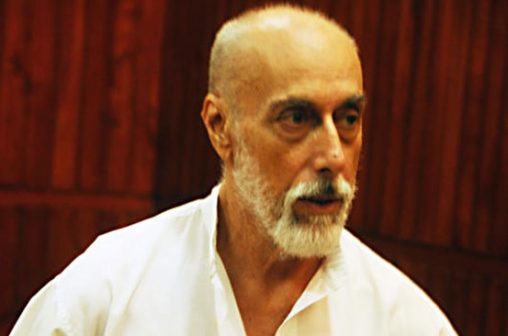
Years after Interpol and the governments of India and Italy launched a manhunt for them, two foreign fugitives continue to wallow in leisure and enjoy exclusive privileges as free men at Kenya’s coast.
Leone Alberto Fulvio of Italy and Vijayriri Goswami of India live large in Kenya’s tourism paradise, sampling the finer things of life. They are licensed firearm holders and enjoy 24-hour armed police protection. They patronise exclusive resorts and while away time sampling fine food, drinks, tender company and in cutting and sealing new deals.